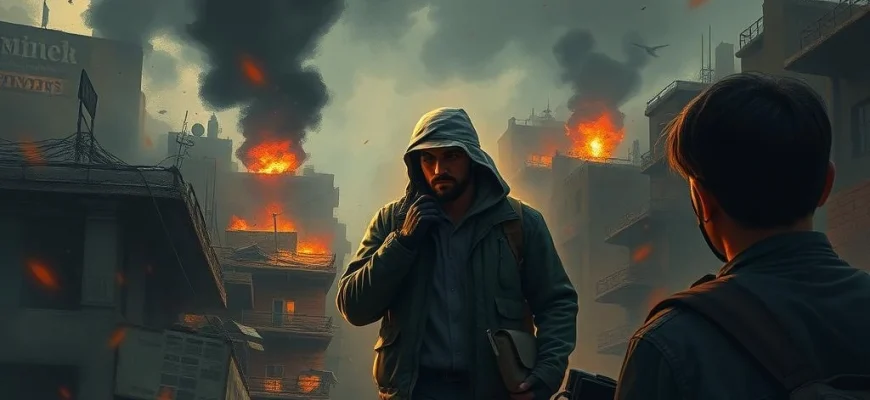If you were captivated by the gripping political drama and raw intensity of Salvador (1986), you're in for a treat. This article explores 10 movies and shows that share its themes of war, journalism, and moral dilemmas. Whether you're drawn to historical conflicts or stories of personal redemption, these picks will keep you on the edge of your seat.
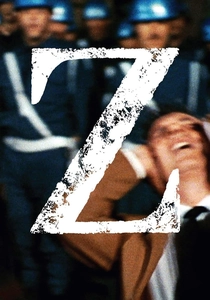
Z (1969)
Description: A taut political thriller that exposes the mechanisms of state repression and the struggle for justice in the face of authoritarianism. The film's documentary-style approach heightens its sense of urgency and realism.
Fact: The title 'Z' stands for 'He lives' in Greek, symbolizing the enduring spirit of resistance. It was the first film to be nominated for both Best Picture and Best Foreign Language Film at the Academy Awards.
 Watch Now
Watch Now 
State of Siege (1972)
Description: A politically charged film that examines the tactics of counterinsurgency and the moral ambiguities of revolutionary violence. It offers a critical look at foreign intervention and its consequences.
Fact: Inspired by the real-life kidnapping and execution of a USAID official by Uruguayan guerrillas. The film was banned in several countries for its controversial subject matter.
 Watch Now
Watch Now 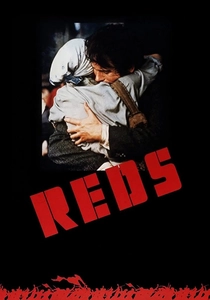
Reds (1981)
Description: An epic historical drama that chronicles the life of a journalist and activist during the Russian Revolution, emphasizing the personal costs of political commitment and the power of idealism.
Fact: Warren Beatty spent nearly a decade developing the project. The film features real-life witnesses of the revolution, providing a unique documentary-like perspective.
 Watch Now
Watch Now 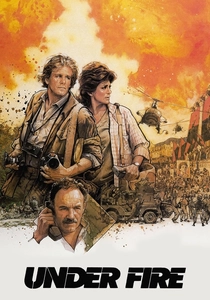
Under Fire (1983)
Description: A gripping political thriller set against the backdrop of a revolution, focusing on journalists caught in the crossfire of ideological conflicts. The film explores themes of media ethics, personal sacrifice, and the blurred lines between objectivity and involvement.
Fact: The film was shot in Nicaragua during the early days of the Sandinista revolution, adding an authentic layer of tension and realism. It was nominated for an Academy Award for Best Original Score.
 Watch Now
Watch Now 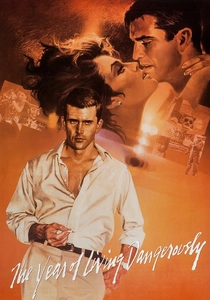
The Year of Living Dangerously (1982)
Description: This film delves into the complexities of political upheaval through the eyes of foreign correspondents, blending personal drama with the chaos of a nation in turmoil. It highlights the moral dilemmas faced by those reporting from conflict zones.
Fact: Mel Gibson's breakout role in Hollywood. The film was banned in Indonesia until 1999 due to its sensitive portrayal of the country's political situation.
 Watch Now
Watch Now 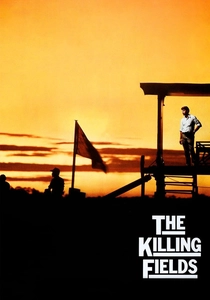
The Killing Fields (1984)
Description: A harrowing account of the Cambodian genocide, seen through the relationship between a journalist and his local assistant. The film portrays the brutality of war and the resilience of the human spirit.
Fact: Based on the real-life experiences of journalist Sydney Schanberg and his Cambodian colleague Dith Pran. The film won three Academy Awards, including Best Supporting Actor for Haing S. Ngor, a non-professional actor and actual survivor of the Khmer Rouge regime.
 Watch Now
Watch Now 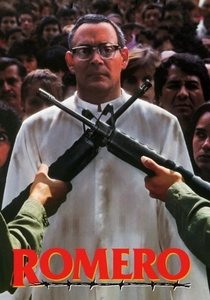
Romero (1989)
Description: A powerful biopic about Archbishop Óscar Romero, who became a vocal advocate for the poor and oppressed amidst El Salvador's civil war. The film explores themes of faith, courage, and the fight against systemic injustice.
Fact: Raul Julia's performance as Romero is considered one of his most poignant roles. The film was shot in Mexico due to safety concerns in El Salvador at the time.
 Watch Now
Watch Now 
The Motorcycle Diaries (2004)
Description: A biographical road movie that follows a young man's journey across South America, where he witnesses social injustices that shape his future revolutionary ideals. The film blends personal awakening with broader political consciousness.
Fact: Based on the memoirs of Che Guevara. The motorcycle used in the film, 'La Poderosa,' was rebuilt from scratch for production, as the original no longer existed.
 Watch Now
Watch Now 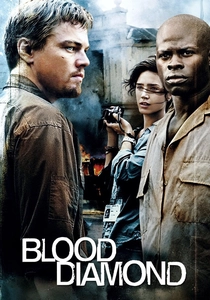
Blood Diamond (2006)
Description: A gripping tale set against the backdrop of civil war in Sierra Leone, focusing on the exploitation and violence fueled by the diamond trade. The film highlights the intersection of greed, survival, and redemption.
Fact: The film's release contributed to increased awareness and reforms in the diamond industry, particularly regarding conflict diamonds. Leonardo DiCaprio learned to speak with a South African accent for his role, which was praised for its authenticity.
 Watch Now
Watch Now 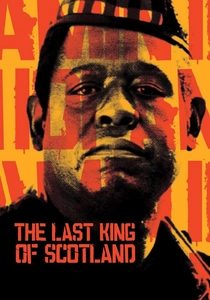
The Last King of Scotland (2006)
Description: A tense drama about a young doctor who becomes entangled in the brutal regime of a dictator, illustrating the moral compromises and horrors of absolute power.
Fact: Forest Whitaker's portrayal of Idi Amin earned him an Academy Award for Best Actor. The film is loosely based on real events but takes significant creative liberties with its protagonist.
 Watch Now
Watch Now 
